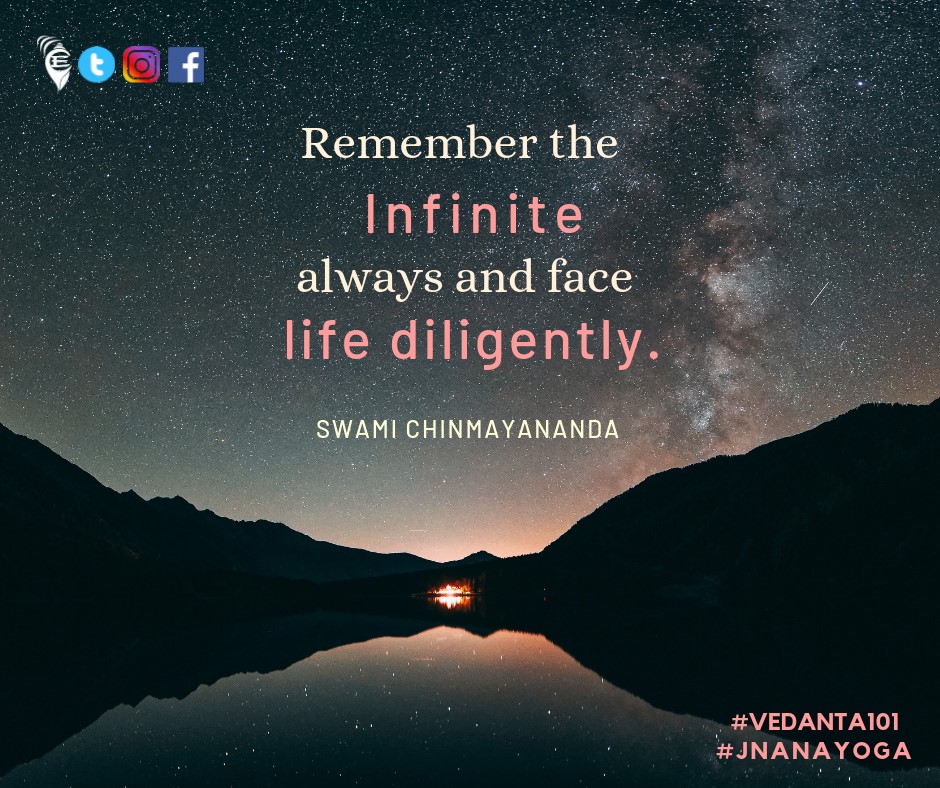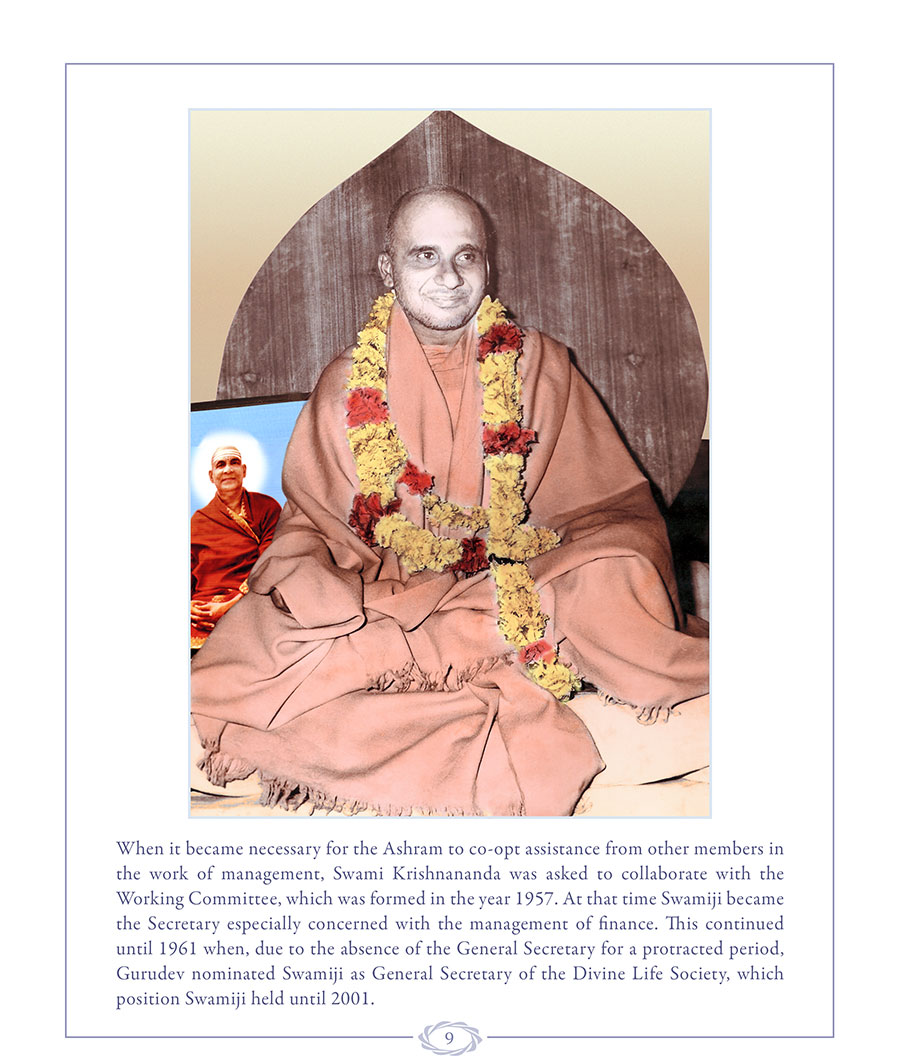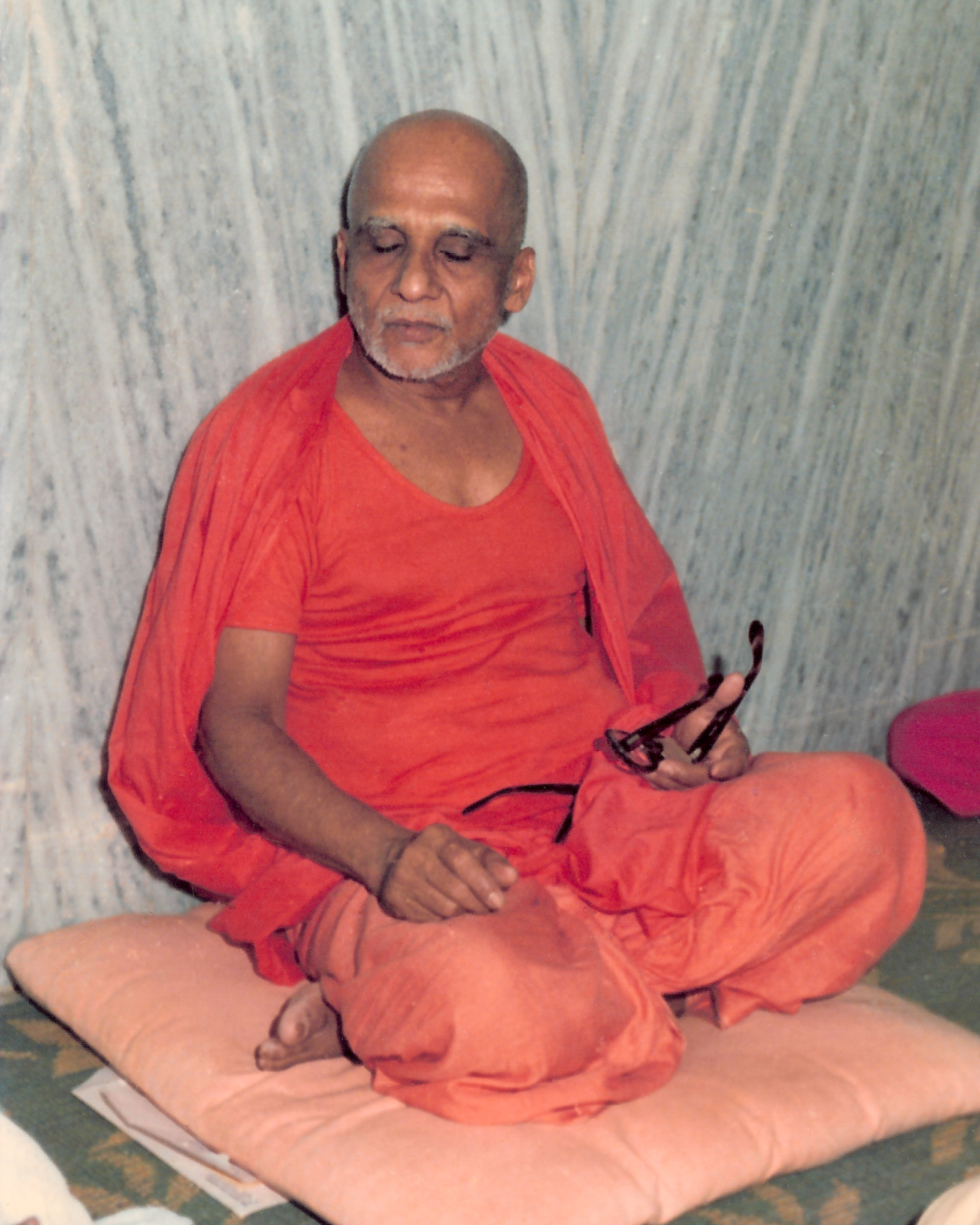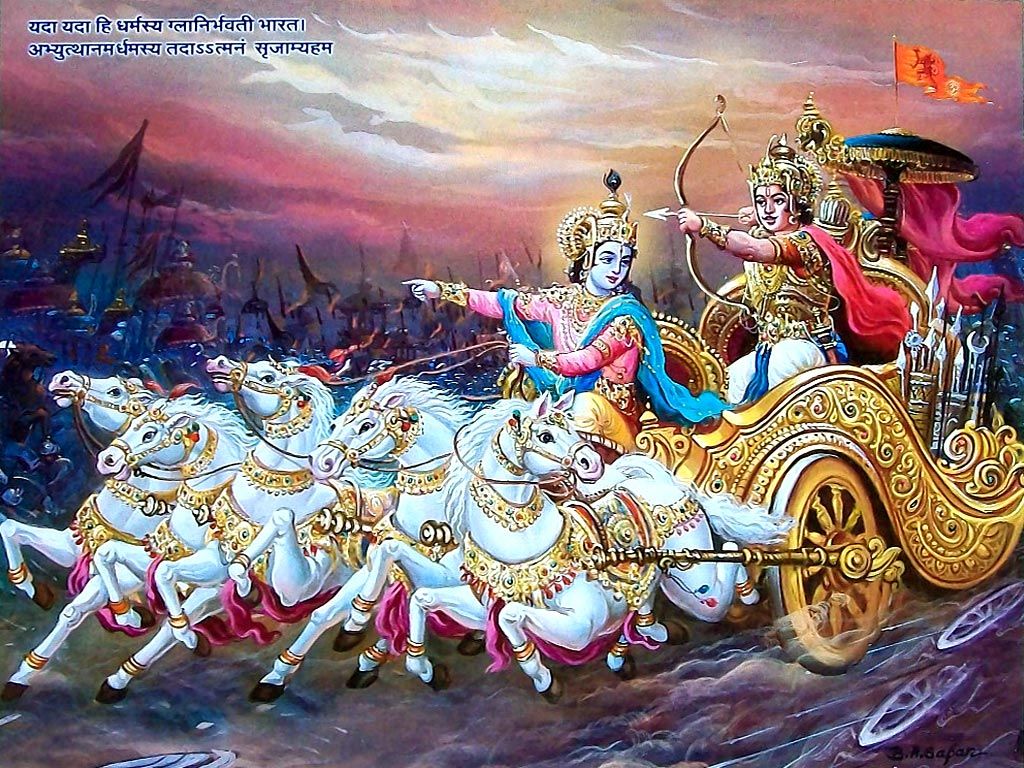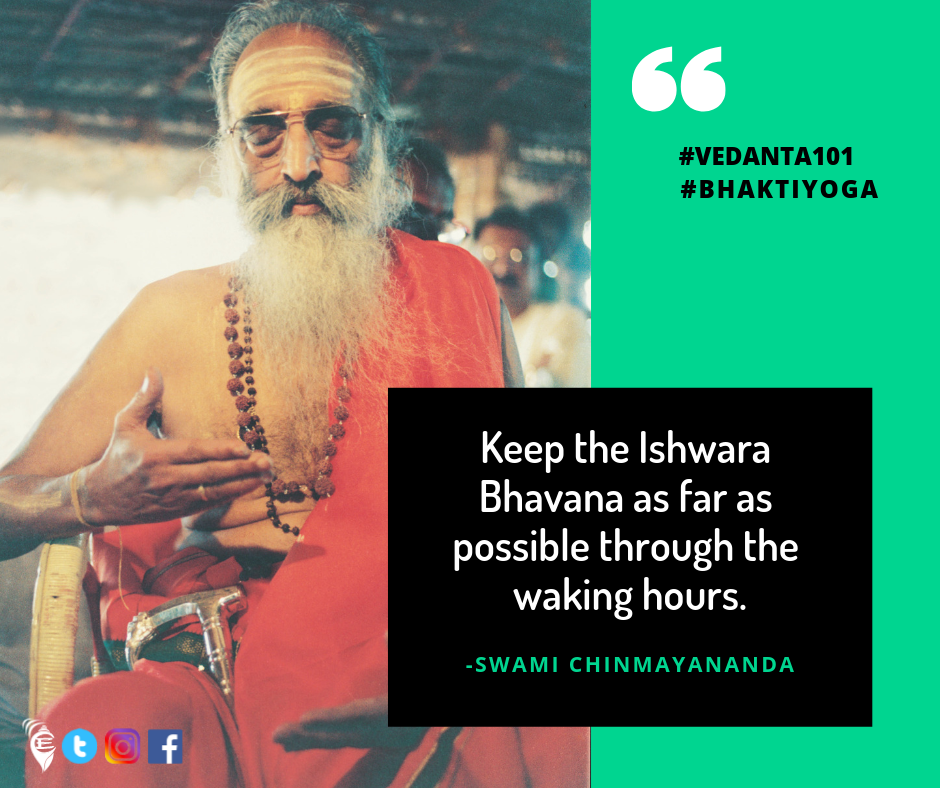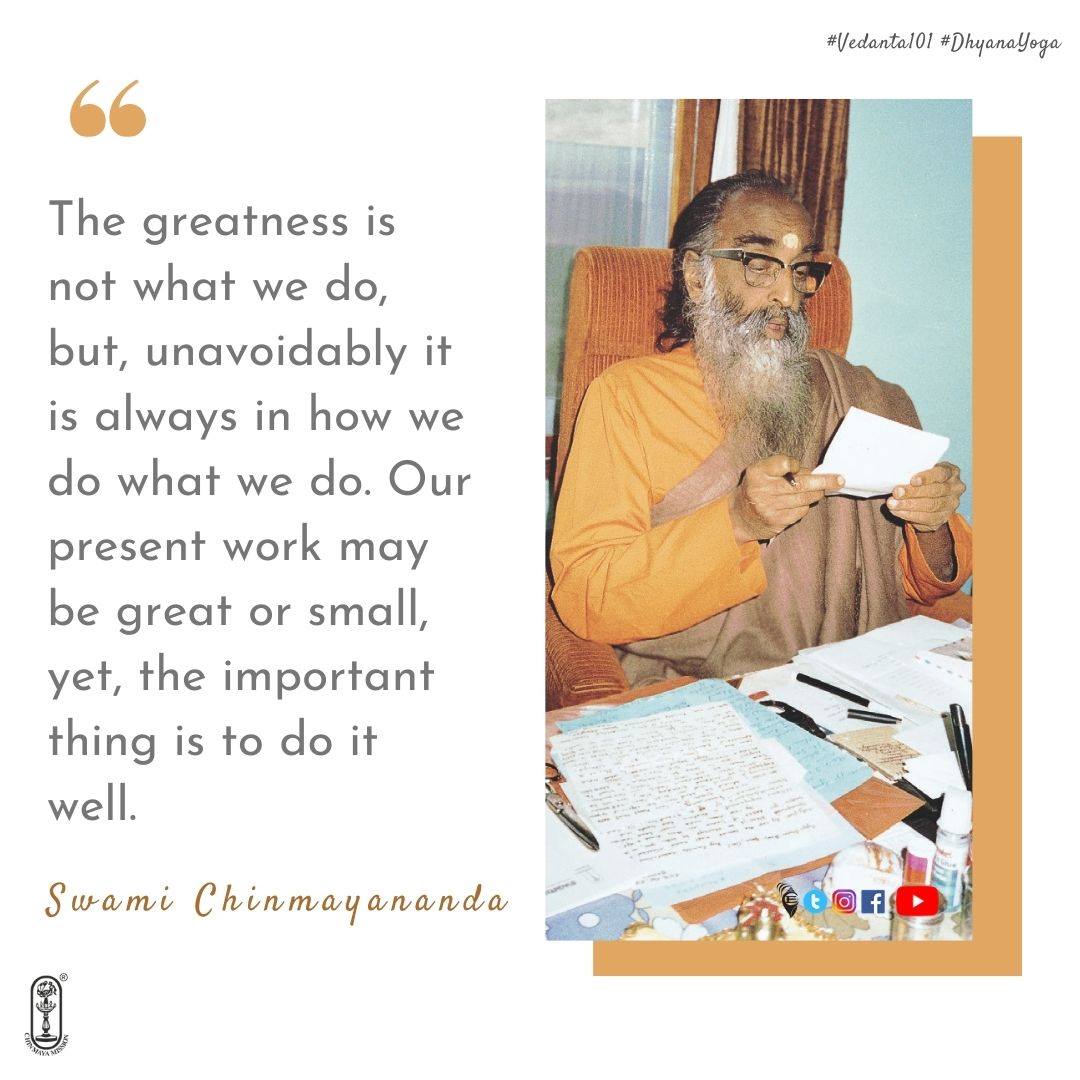The Philosophy of the Bhagavadgita - 8.8 Swami Krishnananda.

-------------------------------------------------------------------------------------------------------- Sunday, January 31, 2021. 03:13. PM. Chapter 8: The Yoga of Action-8. ---------------------------------------------------------------------------------------------------------------- I do not exist for myself, and you do not exist for yourself. Nothing exists for itself. Everything exists for everything else. This consciousness of the fact that we exist for everyone, and that everyone exists for everything else, is perhaps the height of the consciousness of the democratic administration prevailing in the universe. When everything is for everything else, and nothing is only for itself, where, then, comes the binding character of activity? The question does not arise. Neither is it possible for one to sit inactive, doing nothing, for the reasons already mentioned, nor can action bind one if one is truly awakened and has an insight into the meaning of existence. “Why are we worried,
